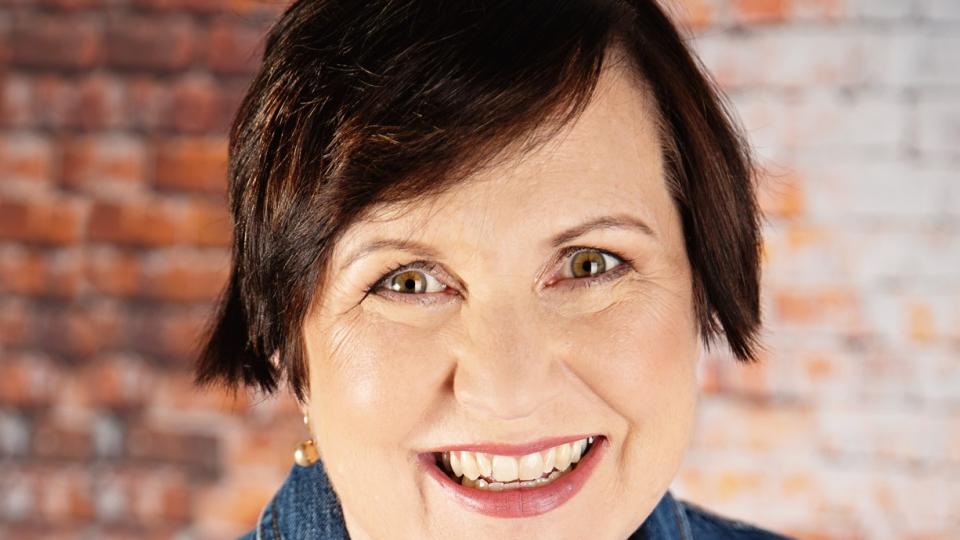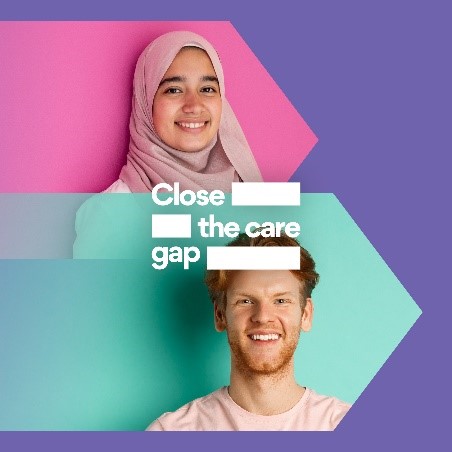“Uniting our voices and taking action” - Nurses in Cancer Care

By Dr Patsy Yates, RN, FAAN, FACN
Distinguished Professor, Queensland University of Technology, Australia
Immediate Past President, International Society of Nurses in Cancer Care
Deputy Programme Director, Global Nurses Leadership Institute
World Cancer Day is held on 4 February each year to raise awareness of the critical need for action to reduce the worldwide burden of cancer. World Cancer Day is led by the Union for International Cancer Control (UICC), (www.uicc.org), a non-government organisation headquartered in Geneva with over 1200 member organisations in 170 countries. The theme for this year’s World Cancer Day is “Close the care gap: Everyone deserves access to cancer care”.

For most of my nursing career I have worked in cancer settings where I have witnessed on a daily basis the critical role that nurses play in reducing the burden of cancer on individuals and families. During my term as President of the International Society of Nurses in Cancer Care, I also learnt a great deal about the important role that nurse leaders play in many countries in reforming health systems to ensure access to quality cancer care. On this year’s World Cancer Day, I would like to take a few moments to reflect on what the day means for our communities and what action we can take as a nursing profession to be part of local, national and global efforts to reduce the cancer burden.
First some facts about cancer. Despite extraordinary advances in cancer treatments and the scientific proposition that many cancers can be cured if identified early, the sad reality is that more than 10 million people across the world will die each year from cancer1. This fact alone underscores the unnecessary burden that this disease places on our communities, but when coupled with the fact that around 30-50% of cancer cases can be prevented, it is clear that more action is required.
The theme for this year’s World Cancer Day, “Closing the Care Gap” is especially relevant as disparities in cancer outcomes across the world are becoming more and more evident. There is overwhelming data that cancer outcomes are worse for those in low- and middle-income countries and in communities who experience socioeconomic disadvantage. This is because many of the causes of cancer are related to social determinants of health, such as tobacco use, high body mass index, alcohol consumption, low fruit and vegetable intake, and lack of physical activity1. Cancer-causing infections, such as human papillomavirus (HPV) and hepatitis, are reported to contribute to approximately 30% of cancers in low- and lower-middle-income countries1, where access to vaccinations is limited and poor environmental conditions are more common. Late cancer diagnoses are also more common in disadvantaged communities. Modern cancer treatments are also often very expensive, making access to treatments which can cure the disease, or improve a person’s quality of life, difficult for those living in countries with limited resources or where universal health coverage is not available.
Cancer is undoubtedly a complex problem whose impacts are substantial. So how can nurses make a difference when the problem appears so overwhelming? To start, nurses are the largest health workforce and we come into contact with people of all ages and in all part of the health care system. A fundamental message, therefore, is that the burden of cancer should not just be a concern for those who work in cancer settings. Nurses working in all settings, especially primary and family care settings, have a key role to play in educating the community about how to reduce the risk of cancer and the importance of cancer screening. People with cancer often have a range of pre-existing co-morbidities where contact with nurses provide teachable moments to discuss prevention and early detection opportunities. We also often overlook the fact that for those who have previously been treated for cancer, a range of ongoing health effects can be experienced that require education and support that is not necessarily going to be delivered in specialist cancer settings but will present in subsequent interactions with the health system.
For those of us who do work with people diagnosed with cancer, make the most of the impact that skilled nursing support has on individuals and their families. Cancer and its treatments are associated with a range of physical, psychological, social, economic and spiritual challenges. Nursing science has generated a substantial body of evidence about effective interventions to prevent and manage effects in all of these areas, many of which are very cost-effective. Take the time to update yourself and apply some of the latest evidence in the field.
Nurses are also very effective in navigating the complex care systems that are part of today’s cancer care. We know that early detection of cancer and of side effects of cancer treatments is important to achieve better outcomes. Nurses are well placed to facilitate more rapid access to the right services. Nurses are also well placed to provide continuity and coordination between the person affected by cancer and the many other care providers who form part of the care team. No other care provider has the same level of contact, the holistic perspective, and the understanding of how systems work than a nursing professional does.
And whether you work in primary, secondary or tertiary care settings, nurses must acknowledge the disparities that exist in outcomes and experiences associated with cancer. Take the time to identify those at risk due to their social or economic circumstances, develop targeted programs for those who experience disadvantage, and look for opportunities to advocate for reform.
UICC’s World Cancer Day theme of ‘Closing the Care Gap’ has various phases. In 2022, the campaign focused on understanding the problem by highlighting that inequities lead to loss of life, that barriers exist at every turn in our study, asking us to question the status quo and help to reduce barriers that lead to disparities in cancer outcomes.
This year, the focus of the campaign is “Uniting our voices and taking action”. This focus is so very important for the nursing profession given our critical role. UICC calls on us to take a range of actions as part of this campaign, including staring a conversation about the issues, informing ourselves about what can be done, and working together to influence those in power. I encourage you to take a few minutes to reflect on what you can do as an individual, or through our professional associations, to close the care gap and reduce the inequities in our care systems. UICC has a range of campaign materials and toolkits that can help you to take action.
1 https://www.who.int/fr/news-room/fact-sheets/detail/cancer